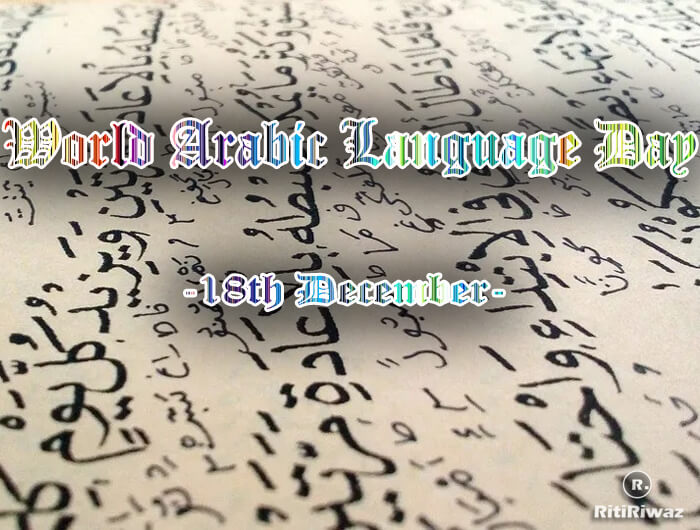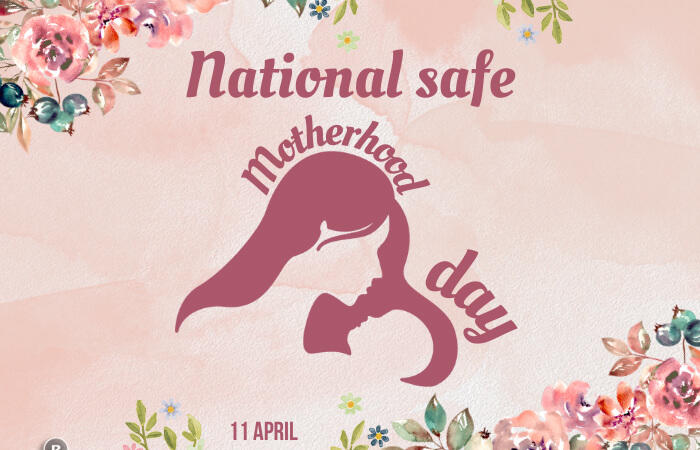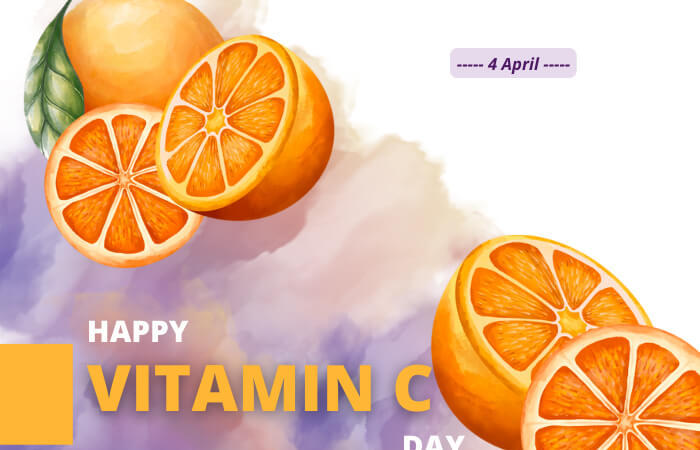World Arabic Language Day 2024

December 18 marks the celebration of Arabic Language Day, the day that celebrates the Arabic language and culture appreciatively and educationally.
Every year, UNESCO discusses one theme concerning Arabic and its future. The theme of 2023 Arabic Language Day was “Arabic – the Language of Poetry and Arts”.
History
The event was established by the United Nations Educational Scientific and Cultural Organization (UNESCO) in 2010 to celebrate multilingualism and cultural diversity internationally. December 18 was chosen as the day to celebrate the Arabic language because the General Assembly approved Arabic as an official U.N. language on Dec. 18, 1973. It was approved on a request submitted by the Kingdom of Morocco and the Kingdom of Saudi Arabia.
Following a suggestion presented by the Kingdom of Morocco and the Kingdom of Saudi Arabia at the 190th session of the Executive Council of UNESCO in October 2012. The decision taken by the 190th session of the Executive Council of UNESCO to devote Dec 18 to World Arabic Language Day, UNESCO celebrated the day for the first time in that year.
The day was created in tribute to celebrating multilingualism and cultural diversity as well as to promote equal use of all six official working languages of the organization.
The Arabic language, in its diversity of forms, has given rise to a fascinating aesthetic in fields as varied as architecture, poetry, philosophy, and song. It gives access to a variety of incredible identities and beliefs in its history that reveals the richness of its links with other languages.
The earliest traces of the Arabic language date back as far as the 8th century BCE, and it has been defined and refined over a considerable period of time. A significant amount of the Arabic language’s development occurred between the third and sixth century AD. With more additions made to the script in the seventh century AD when ancillary signs were added to letters to avoid confusion over how to read text.
The Arabic language has had a clear impact on many other languages throughout the Islamic world, such as Turkish, Persian, Kurdish, Urdu, Malay, Indonesian, Albanian, and several African languages such as Swahili.
Suggested Read: United Nations Day
Arabic language day celebration
Arabic is one of the oldest Semitic languages, the most spoken, and one of the most commonly spoken in the world. Celebration aspects vary around the world. The UN organizes a great festival that includes round tables for experts, academic people, artists, and specialized organizations’ delegates to discuss various topics.
On this day UNESCO encourages everyone to turn to the common roots of civilizations and to work for a more united world.
Facts about the Arabic language
- It’s called “Al-Daad language” which refers to one of its unique letters /ض/.
- The Arabic language is written from right to left.
- The Arabic language doesn’t have capital letters, either. A letter takes different forms depending on its place in the word – in the beginning, in the middle, in the end, or isolated.
- Although it has punctuation marks, they are different from the ones that are used in English.
- The sixth official language in the UN.
- Arabic is the fifth most spoken language in the world, after Mandarin, English, Hindustani, and Spanish.
- Arabic native speakers are in the Arab world and some of them are in Turkey, Chad, Mali, Iran, and Eritrea.
- Eleven words may be used to describe love, yet hundreds of words can be used to describe a camel.
- English contains a large number of terms derived from Arabic, either directly or through Romance languages before making their way to English.
Suggested Read: Important Days In December






